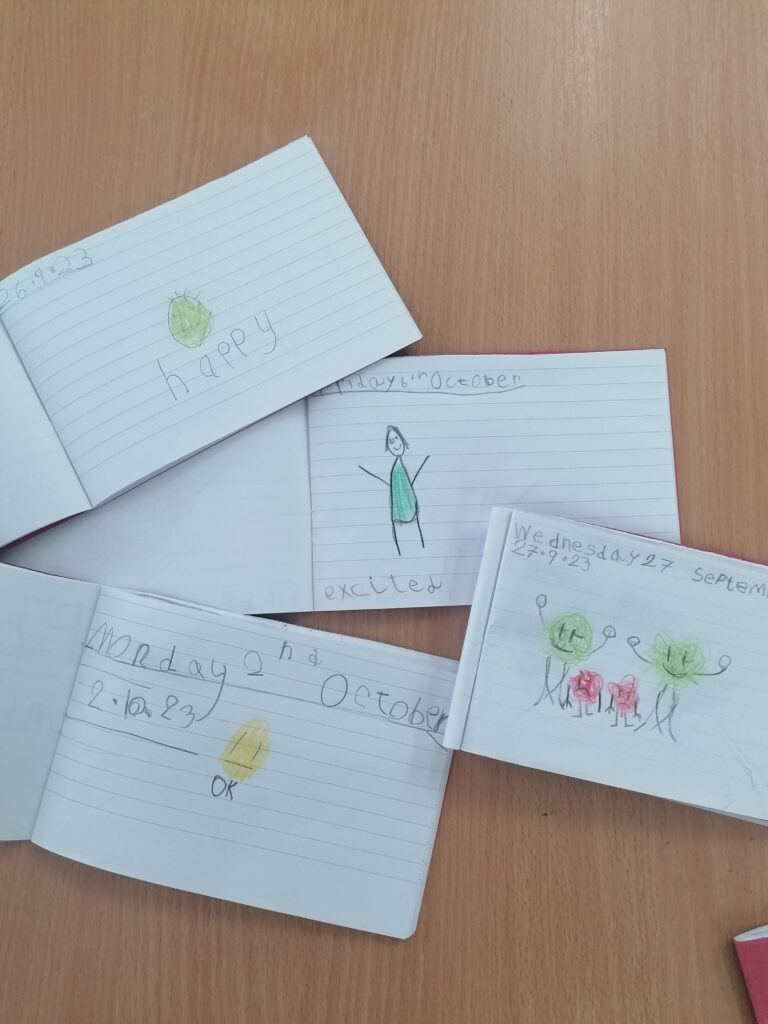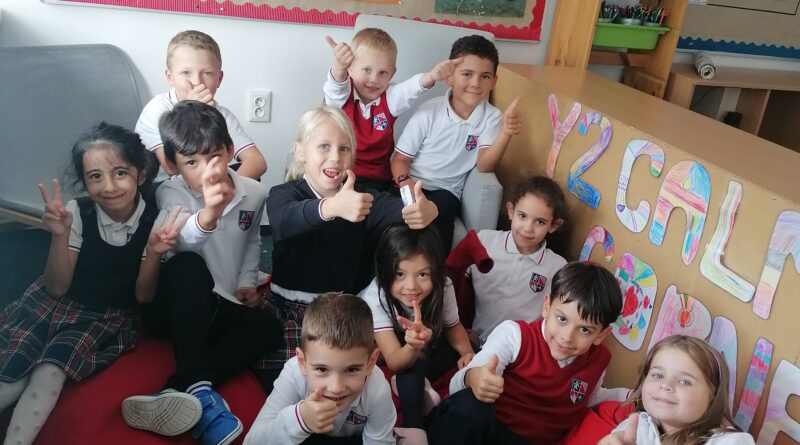World Mental Health Day
We often focus on physical health, however it’s crucial not to forget the significance of mental health. Just as we teach our students to take care of their bodies, we must also equip them with the tools and understanding to care for their minds. This World Mental Health Day, we focus on why it’s vital for our students to have an understanding of mental health and why it’s just as, if not more important than our physical health.
Mental health has a profound impact on our physical well-being. When students learn about mental health, they not only gain a better understanding of their emotions but also learn to appreciate how their mental state can influence their overall health. This knowledge empowers them to make informed choices that promote holistic well-being.

In our Year 2 class, we’ve taken significant steps to foster mental well-being. Our “Calm Corner” is a testament to this belief. It’s a designated space in our classroom where students can retreat when they need a moment to collect their thoughts or cope with challenging emotions. Students have chosen items that help them through some emotional challenges, which they are able to access in the Calm Corner in times of need.
This dedicated area serves as a tangible reminder that it’s okay to experience difficult emotions and take time to process them. It teaches students that seeking help and taking care of their mental health is not only acceptable but encouraged.

Another tool we’ve incorporated into our daily routine is the “Feelings Journal.” Each morning, our Year 2 students take a few moments to reflect on their emotions and jot them down in their journals. They can use pictures, numbers, colours or words to express their feelings. This simple practice encourages self-awareness and open communication about feelings. It’s a chance for students to acknowledge their emotions, whether they’re happy, sad, excited, or worried. By regularly recording their feelings, students learn to identify patterns and triggers that affect their mood. It facilitates conversations about emotions and equips them with strategies to manage big feelings constructively.
One of the most significant benefits of teaching mental health awareness from a young age is breaking down the stigma associated with seeking help. When children understand that everyone experiences a range of emotions and that it’s normal to ask for support when needed, they are more likely to reach out when they face challenges. A comprehensive understanding of mental health helps students develop empathy towards others. They learn to recognise when their peers may be struggling and are more inclined to offer support and understanding.
As educators, it’s our responsibility to nurture not only the academic growth but also the emotional well-being of our students. World Mental Health Day reminds us of the importance of fostering mental health awareness from a young age. Through projects like the “Calm Corner” and the “Feelings Journals,” we aim to provide our Year 2 students with the knowledge and tools they need to thrive both mentally and physically. By prioritising mental well-being, we create a supportive and empathetic environment where students can learn, grow, and face the world with resilience.




